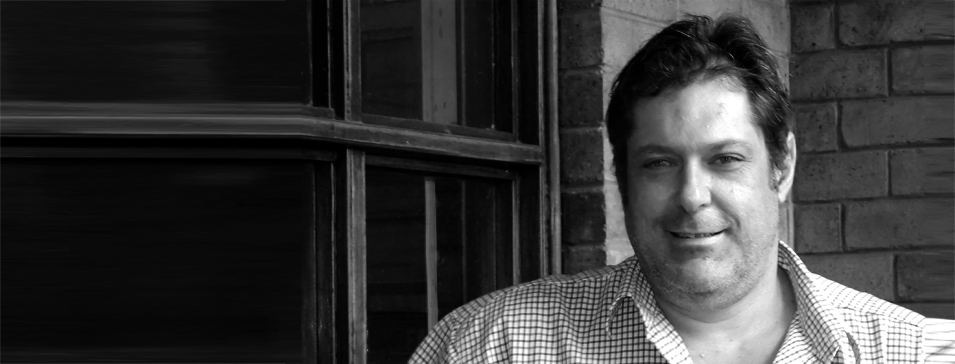Latest News Archive
Please select Category, Year, and then Month to display items
22 September 2021
|
Story Michelle Nöthling
|
Photo Supplied
 Annemarie Le Roux.
Annemarie Le Roux.
“I love working with children.” This is one of the first things Annemarie le Roux mentions when asked to describe herself. This love for children propelled Annemarie into the field of education and she graduated in 2006 with a BEd in Foundation Phase at the UFS. Annemarie immediately immersed herself in the Deaf community, enriching the lives of children at the Thiboloha School for the Deaf in Qwaqwa and the De la Bat School for the Deaf in Worcester.
The academic world enticed Annemarie back to the University of the Free State (UFS) and she was appointed as a junior lecturer in the Department of South African Sign Language (SASL) and Deaf Studies in 2013. Going from strength to strength, Annemarie completed her master’s degree in SASL in 2019, and published an
article earlier this year that she co-wrote with Marga Stander. In this article, they found that SASL “has become an increasingly popular language that hearing university students want to learn as a second language” and subsequently explored different teaching methods used for this emerging group of interested students.
Although now firmly established in academia, Annemarie is still committed to the practical application of SASL. “I am closely involved in student and community engagement through the
SIGNALS Sign Language student association that helps empower the Deaf community and South African Sign Language.” She also interprets for the Deaf community whenever she gets an opportunity, as well as for Deaf students in class and meetings.
On the importance of Sign Language and the recognition of the Deaf community in South Africa, Annemarie believes it will open greater opportunities for development. “More people will be able to learn SASL, and it might even become a subject in school for hearing children.”
An astrophysics pioneer at Kovsies
2014-01-05
 |
| Prof Pieter Meintjes |
Over the last decade Prof Pieter Meintjes’ strong background in astrophysics led to the development of a course of excellence at the University of the Free State.
Today we present an Astrophysics degree at our university, from first-year courses to PhDs.
Meintjes matriculated at the Sybrand van Niekerk High School in Sabie and completed a BSc in Physics and Mathematics at the North-West University in 1988. In 1990 and 1993 he respectively obtained his MSc and PhD in Physics from the same university.
Hereafter he spent a post-doctoral year at the Max Planck Institute for Space Science near München in Germany. In January 1997, Meintjes was appointed as a senior lecturer at our university’s Department of Physics. He was promoted to Professor in Physics in 2008.
Prof Meintjes is a member of the South African Institute for Physics (SAIP) and during 2002-2004 he was also co-chair of the astrophysics and space science group of SAIP. He serves on the executive committee of the National Astrophysics and Space Science Programme (NASSP) and is often a visiting lecturer at the University of Cape Town. He is a NRF-supported researcher and author and co-author of 70 publications in high-profile international journals and published conference issues.
During 2011-2013 he successfully delivered three PhD students along with one MSc student. His PhD students also delivered addresses at international conferences in Champery (Switzerland), Heidelberg (Germany), Paris (France), Barcelona (Spain) and Milan (Italy), Cape Town and the Kruger Game Reserve.
Over the last two years he has also been the author and co-author of six publications in Monthly Notices of the Royal Astronomical Society (MNRAS), as well as various publications in the Astrophysical Journal in support of the international planet search programme. A further 12 publications also came forth from Meintjes’ international conference contributions.
During the recent H.E.S.S. meeting in Namibia, Meintjes was appointed as the latest member of the highly-regarded international cooperation with H.E.S.S.
His membership of the H.E.S.S. group is due to his knowledge on gamma rays, which entails research on high-energy astrophysics.